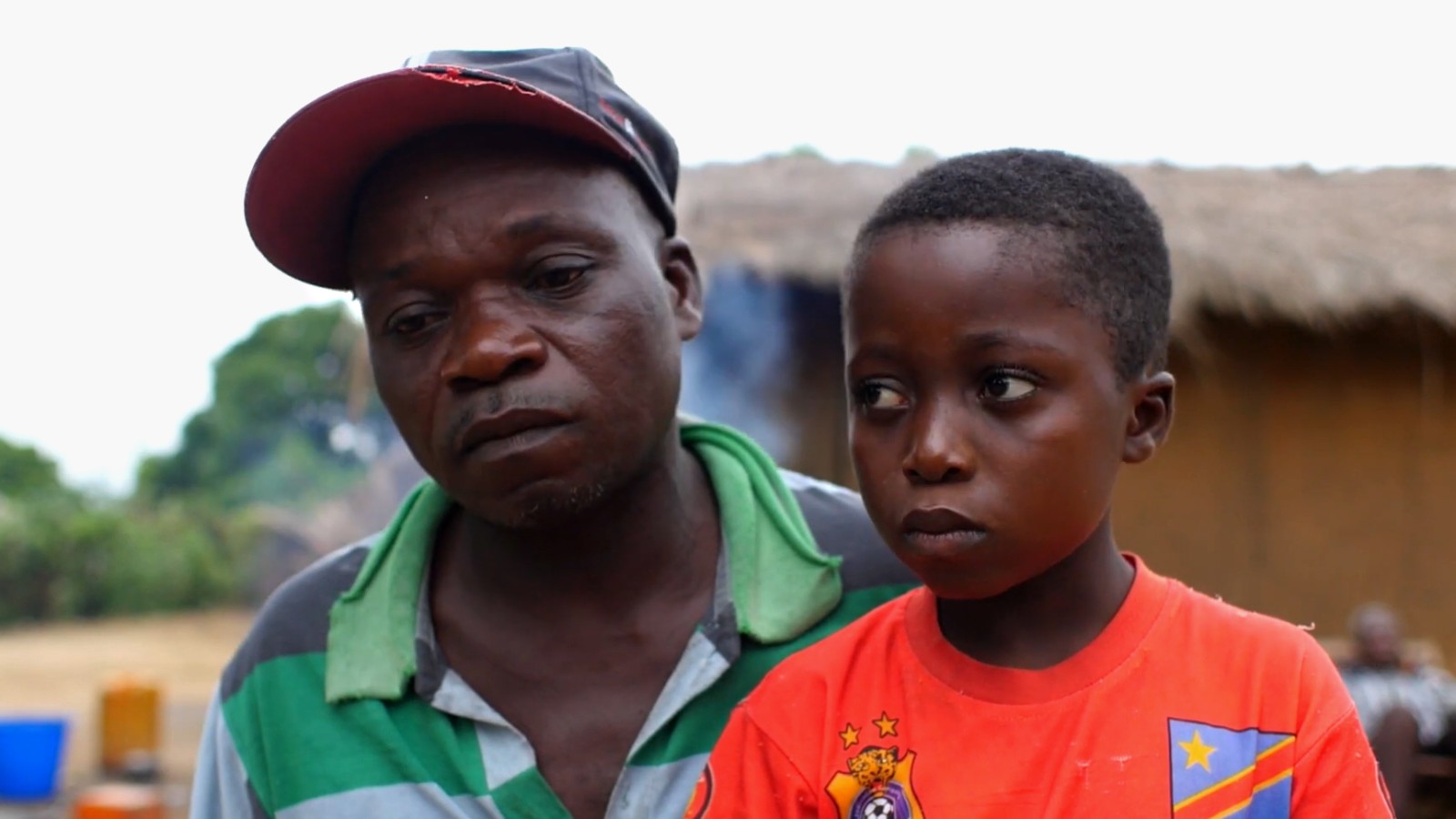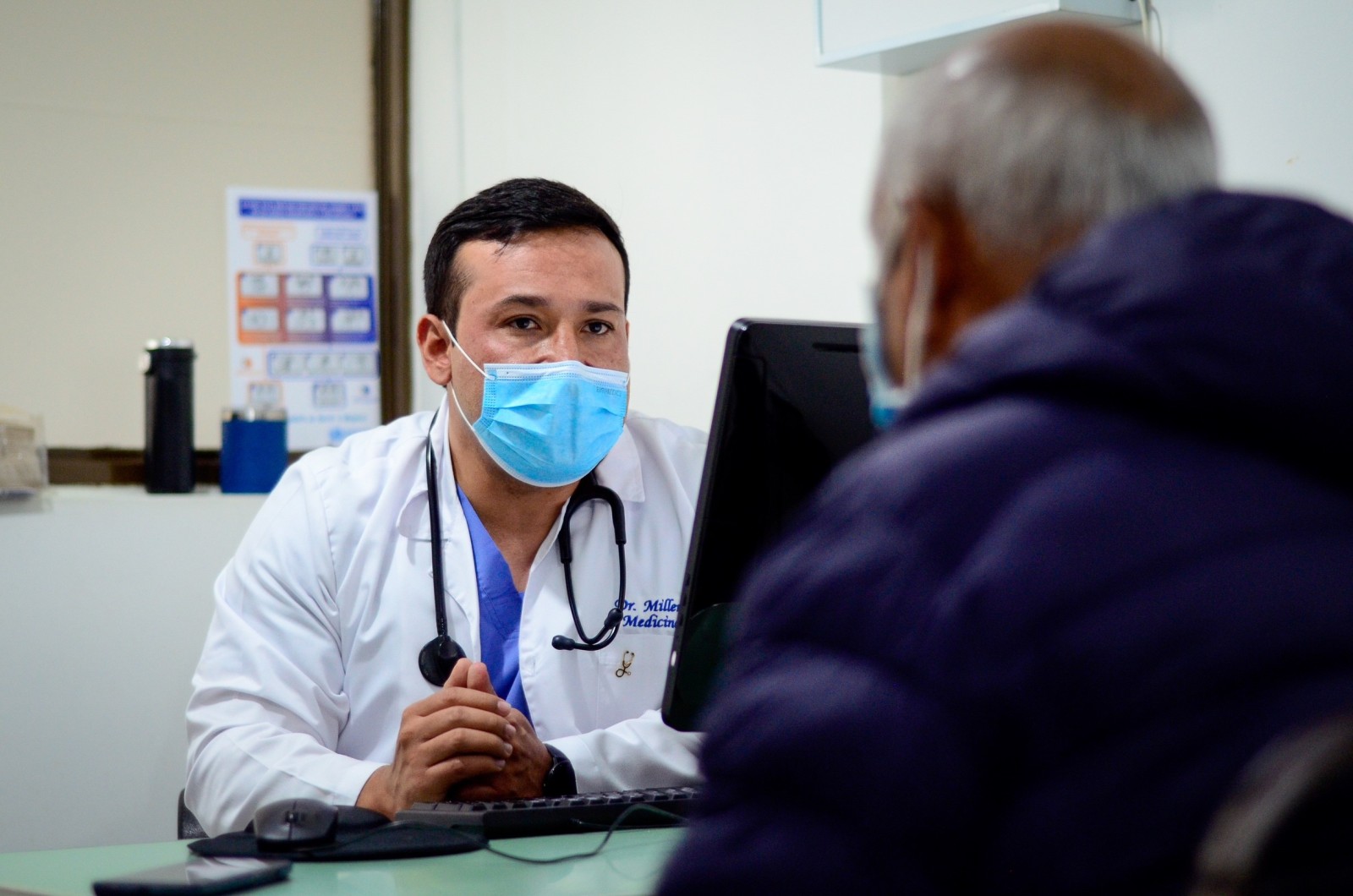Approvals for new products to treat neglected tropical diseases and infectious diseases
Date
15 November 2022

GSK, Johnson & Johnson, Bayer, Sanofi
n/a
Neglected tropical diseases (NTDs) and other infectious diseases
Securing regulatory approval for medicines at the end of the R&D pipeline to treat diseases that disproportionately affect people in LMICs
To improve access to effective treatment for NTDs and other infectious diseases
The 2022 Index has identified four companies (Bayer, GSK, Johnson & Johnson and Sanofi) that have secured approval for six important treatments shown in clinical trials to be safe and effective. Each new product received approval from a stringent regulatory authority, and addresses a gap identified as priority areas for R&D. Each product is covered by a multi-faceted access plan.
Bayer gained Food Drug and Administration approval for paediatric nifurtimox (Lampit®), for Chagas disease in children, in August 2020. Nifurtimox is currently registered for adults and children in several Latin American countries, and the company is working to expand registration to additional endemic high disease-burden countries. Bayer’s Fludora Co-Max (a space-spray vector control product, effective for combatting Aedes mosquito-borne viruses such as dengue, Zika and Chikungunya) was prequalified by the World Health Organization (WHO) in October 2020. Bayer launched it the following month and has received regulatory approvals in Ivory Coast, Vietnam and Mexico. It has also been filed for registration in India, Indonesia, Iraq, the Philippines and Brazil.

GSK (through ViiV Healthcare) gained FDA approval in June 2020 for its paediatric label extension and formulation of dolutegravir (Tivicay PD), used to treat HIV/AIDS. This was supported by a robust access plan that included use of an equitable pricing strategy, non-exclusive royalty-free voluntary licensing, a partnership with The International Maternal Pediatric Adolescent AIDS Clinical Trials (IMPAACT) Network, WHO prequalification and the WHO Collaborative Procedure for Accelerated Registration.
GSK has also developed a new paediatric formulation for tafenoquine (Krintafel/Kozenis), which was first approved in adults in 2018. In March 2022, in partnership with Medicines for Malaria Venture, GSK secured marketing approval from the Therapeutic Goods Administration (TGA) for a novel, 50 mg dispersible tablet that facilitates administration in children, it also submitted it to Brazil’s regulatory authority in November 2021 and plans further regulatory submissions in malaria-endemic countries.
Johnson & Johnson gained approval for its two-shot Ebola vaccine regimen (Zabdeno® and Mvabea®) from the European Medicines Agency (EMA) in 2020. Its access plan includes WHO prequalification, strengthening of health systems and capacity building initiatives through its vaccination monitoring platform Vxnaid™, and product donations. This approval represents significant progress in efforts to prevent the spread of Ebola.
Sanofi’s fexinadozole, which treats T.b. gambiense human African trypanosomiasis (sleeping sickness), secured FDA approval in July 2021. The company, which partners with WHO and the Drugs for Neglected Diseases initiative, plans to submit the product for WHO prequalification and to work with WHO to manage administration through a donation programme. It will also apply to the EMA for an extension of indications to treat a variation of the disease (T.b. rhodiense) in endemic countries in sub-Saharan Africa.
Further R&D investment needed to close gaps
In securing regulatory approval for products that are needed, these four companies can be credited for their achievements and for exemplifying action and investment. R&D remains a top priority for the creation of effective treatments for many diseases, such as leishmaniasis and lymphatic filariasis, and new formulations and/or vaccines (such as microneedle patches for measles and rubella). More companies can now act to address these R&D needs.